California Continues to Move Forward With Ban on Sales of All Gas-Powered Vehicles by 2035
California’s momentous decision to ban the sale of all gas-powered vehicles by 2035 is a significant shift in the automotive industry that the state appears set to move forward with.
To achieve these goals, California air regulators approved several strict rules that will essentially lead to the ban of electric vehicles in just over a decade and set several targets to help with the phasing out of combustion cars.
No New Gas-Powered Vehicles After 2035
California has long been a trailblazer in the proposed transition from gas-powered to electric vehicles, a move that aims to significantly reduce Americans’ carbon footprint.
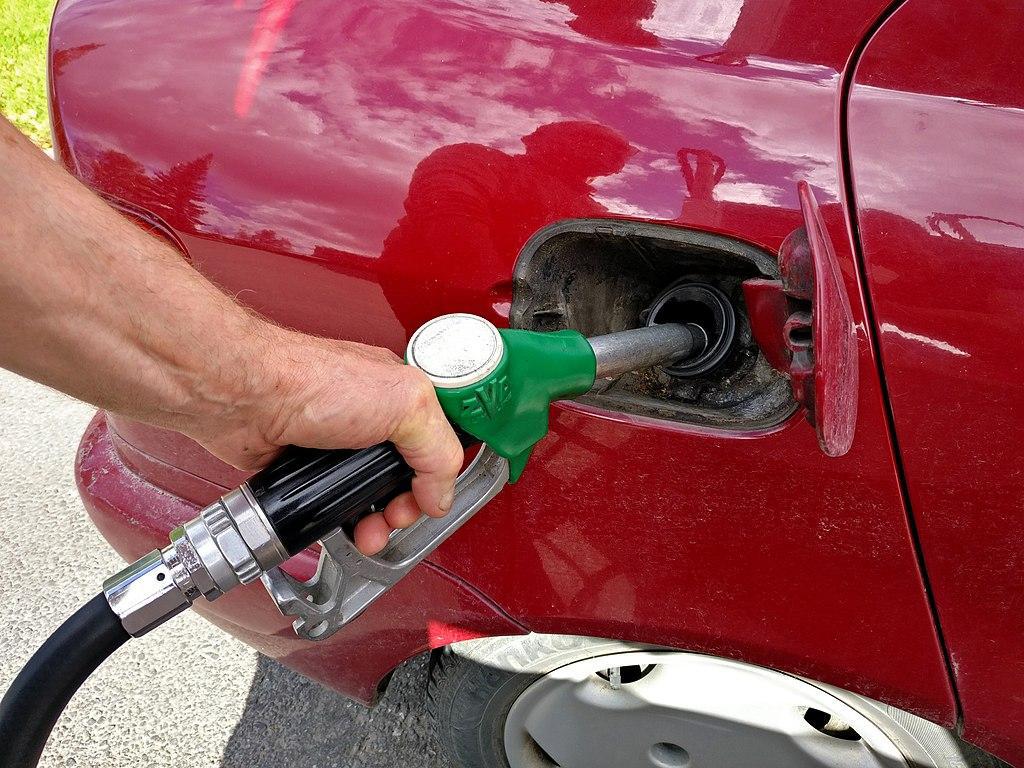
Source: Wikimedia
In 2020, Gavin Newsom issued an executive order announcing the state’s plans to transition entirely away from combustion vehicles. By 2035, all new cars sold in California must produce zero tailpipe emissions.
Can California Really Go Fully Electric?
While the policy does not aim to remove existing gas-powered vehicles from the road, the move has been deemed controversial by many who are still uncertain about the future of the EV industry amid declining sales.
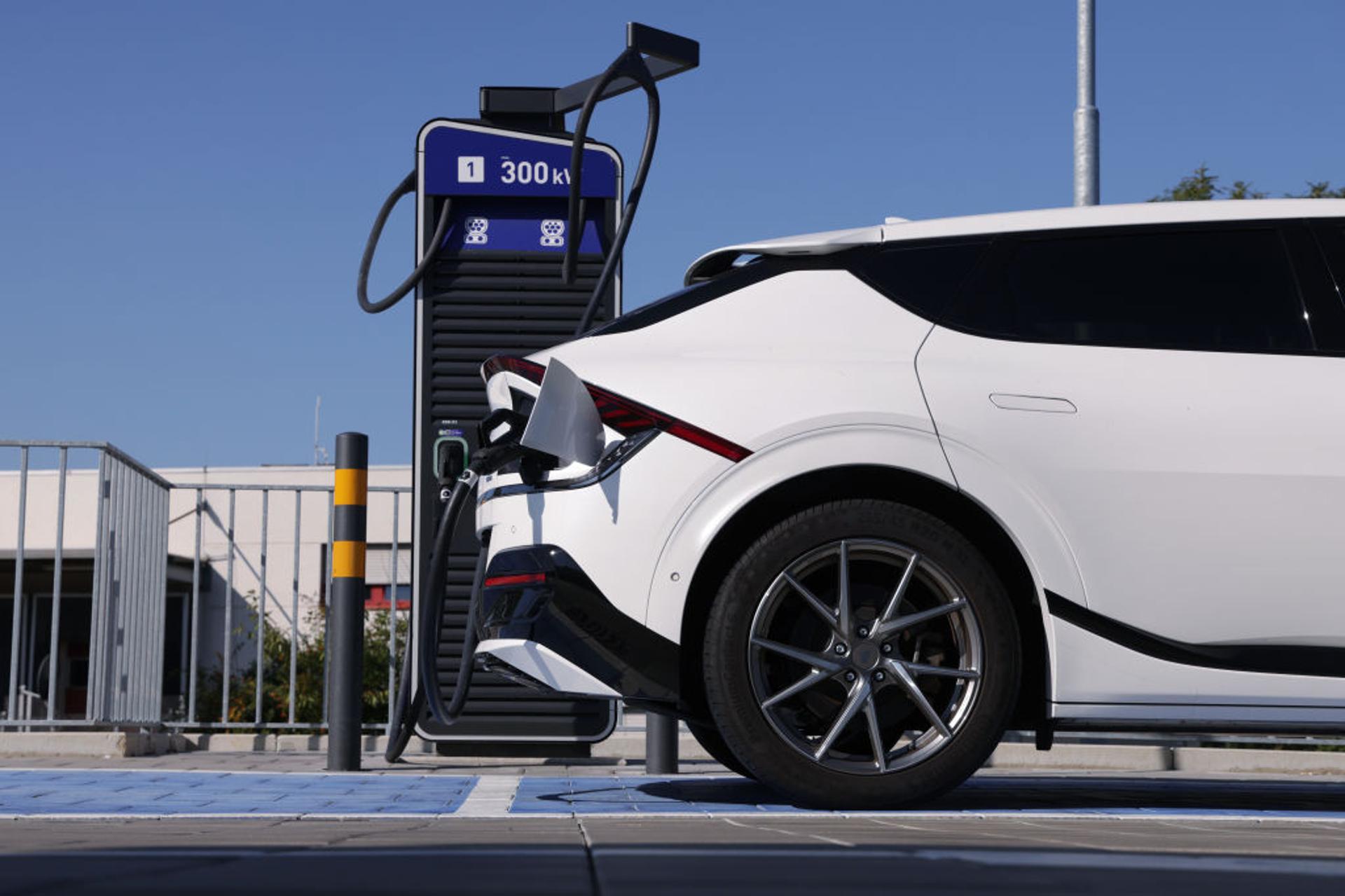
Source: Wikimedia
Nonetheless, California appears to be moving forward with its decision, and a plethora of other states seem poised to follow suit.
California Voters Aim to Make Monumental Change
The California Air Resources Board first approved the measure in August 2022. Board member Daniel Sperling said at the time, “This is monumental.”

Source: Freepik
“This is the most important thing that CARB has done in the last 30 years. It’s important not just for California, but it’s important for the country and the world,” he added.
How California Will Achieve These Goals
To ensure the goal is met by 2035, California has implemented numerous interim quotes aimed at slowly reducing the amount of new gas-powered vehicles sold in the state.

Source: Wikimedia
Starting in 2026, 35% of new models sold in the state, including small pickups and SUVs, will be non-emission vehicles. This quota will slowly increase with each passing year.
No New Gas Powered Vehicles by 2035
By 2028, over 50% of all new vehicles sold in California will be zero-emission vehicles, and by the end of the decade, this percentage is expected to reach nearly 70%.

Source: Wikimedia
In the five years that follow, the state expects the sale of new-gas-powered cars to drop dramatically until they reach their aspired goal of 100% by the year 2035.
Gavin Newsom Onboard With New Policies
California’s governor, Gavin Newsom, who is currently in the midst of a budget crisis, suggests, “Our cars shouldn’t make wildfires worse — and create more days filled with smoky air.”

Source: Getty Images
Clearly a proponent of the new policies, suggesting they may reduce humanity’s effect on the environment, he added, “Cars shouldn’t melt glaciers or raise sea levels, threatening our cherished beaches and coastlines.”
California Transport Sector Drastically Increases Carbon Pollution
According to the governor’s own website, the California transport sector is directly responsible for more than half of the state’s carbon pollution and up to 95% of toxic diesel emissions.
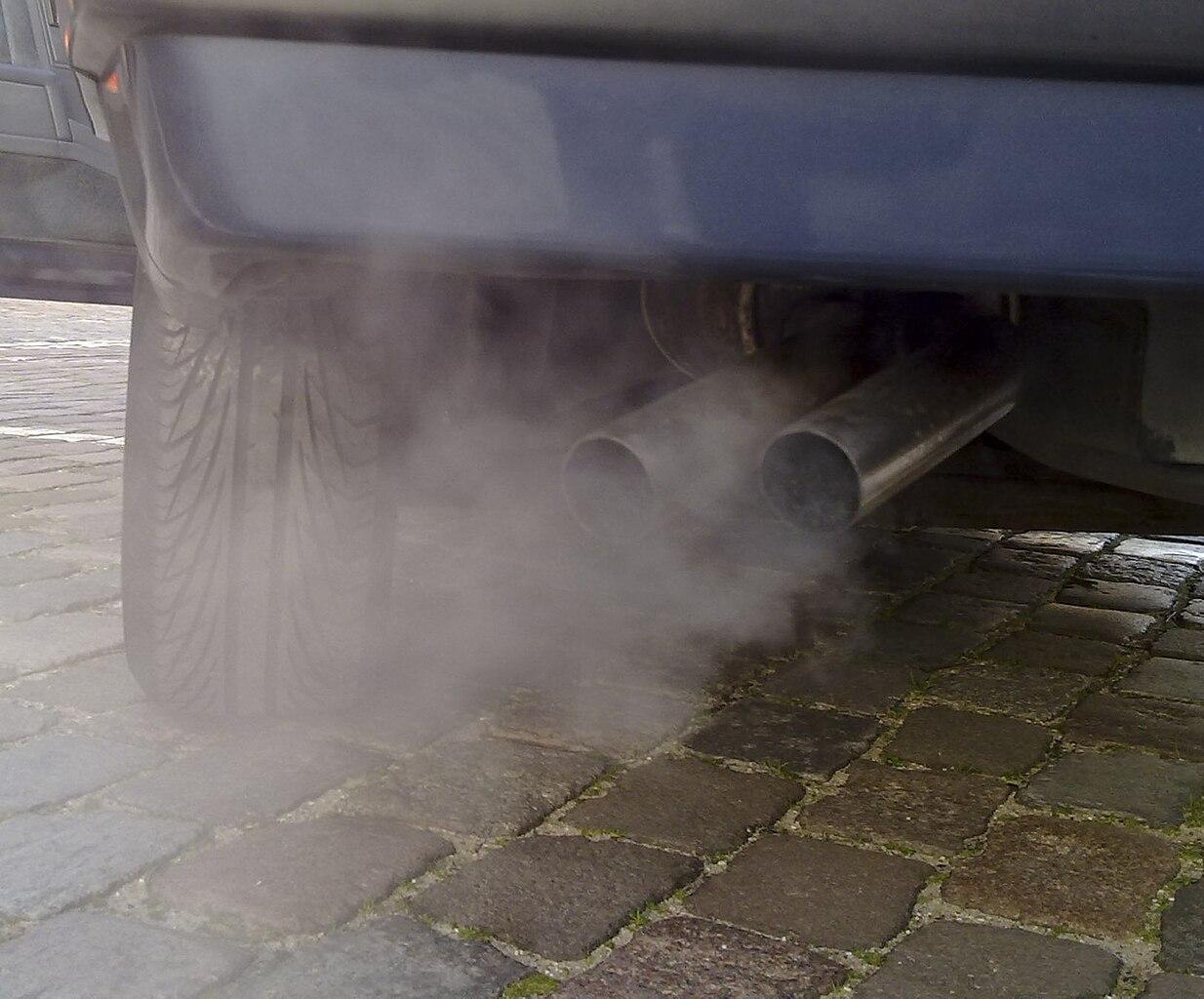
Source: Wikimedia
“This is the most impactful step our state can take to fight climate change,” said Governor Newsom. “For too many decades, we have allowed cars to pollute the air that our children and families breathe.
Several States Set to Follow California
Calirfnias’s stringent guidelines for reducing the number of ICE (internal combustion engine) automobiles are known as the Advanced Clean Cars II rule.
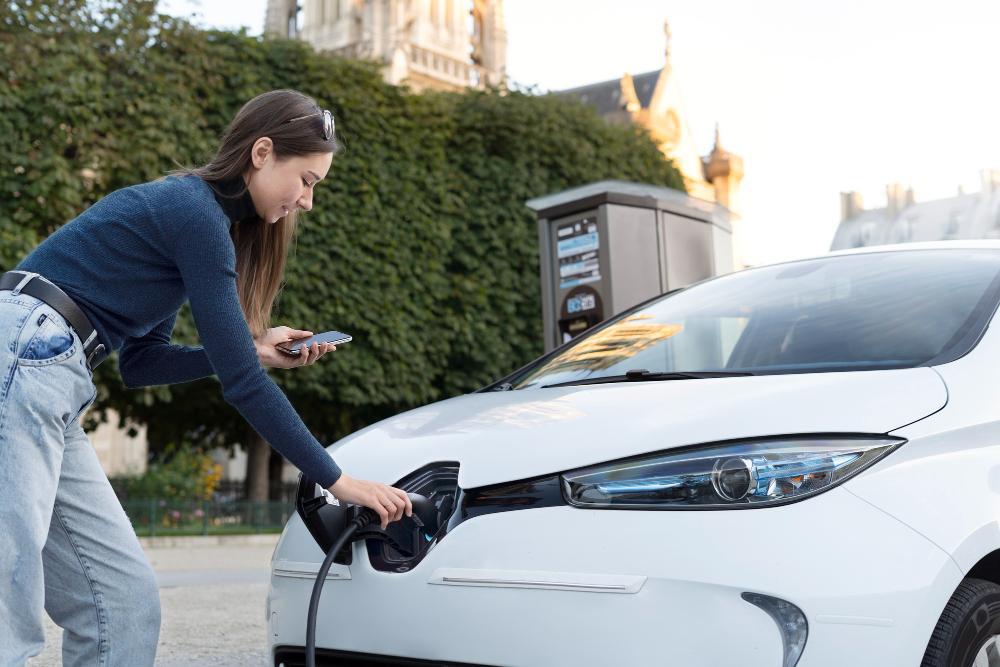
Section 177 of the United States Clean Air Act requires all states to either adhere to the federal government’s emissions standards or adopt California’s stricter rules.
10 States Implement California Clean Cars II Rule
Nearly 20 states have since announced they will follow California’s regulations regarding lowering vehicle emissions.
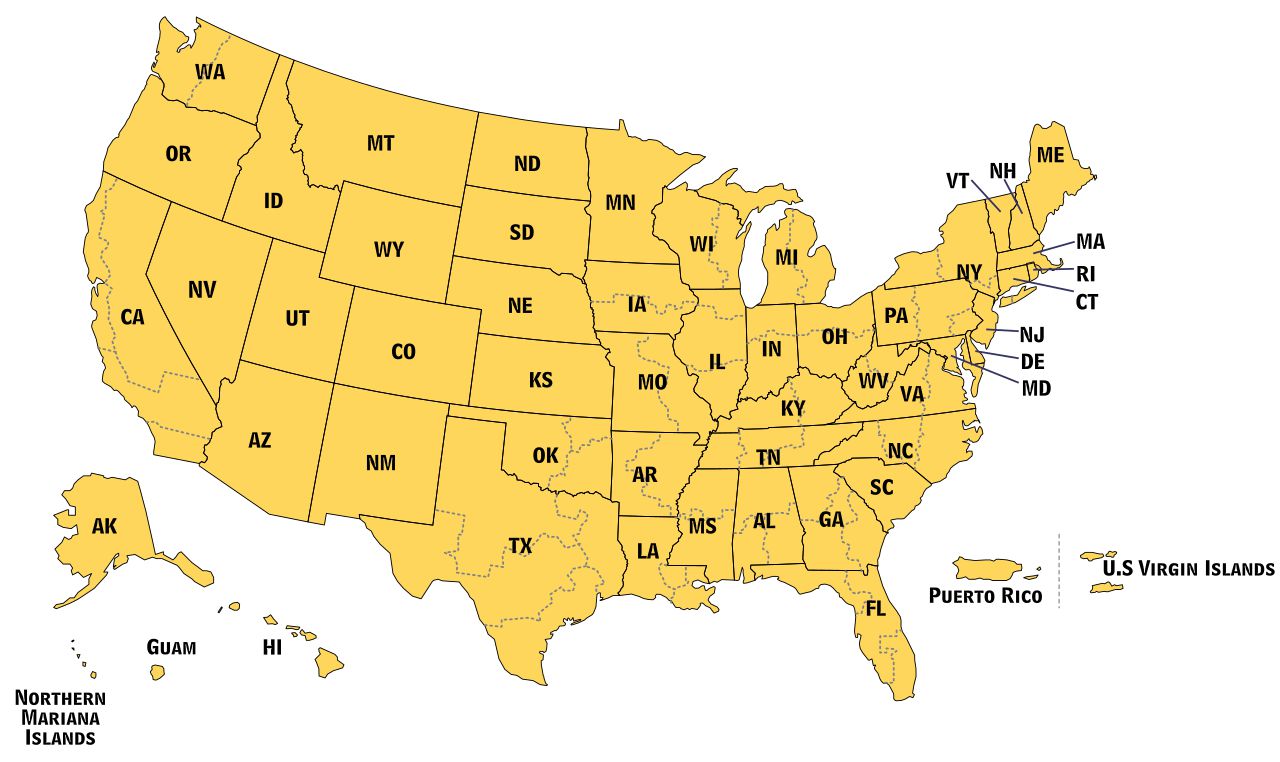
Source: Wikimedia
However, only half of this number, including Maine, Massachusetts, New York, and Vermont, announced they would implement the guidelines laid out in the Advanced Clean Cars rule, thus prohibiting the sale of gas-powered vehicles.
The Future of Gas-Powered Vehicles in the US
Regarding the future of the US auto industry, Sperling claims that more states may eventually follow in California’s footsteps and adopt stricter regulations on the sale of gas-powered vehicles.

Source: Wikimedia
“This is a big part of the US market,” he added. “Even if the feds don’t move on a regulatory perspective, a big chunk of the country will be moving forward.”
Gas Powered Vehicles Will Remain Prominent for the Foreseeable Future
The regulations don’t prohibit anyone from purchasing a used ICE vehicle in the future, nor will they result in Americans losing the ability to drive the gas-powered vehicle they currently own legally.

Source: Freepik
As the vast majority of the United States doesn’t share California’s enthusiasm for electric vehicles, the gas-powered vehicle market is likely to remain strong in many states for the foreseeable future.
